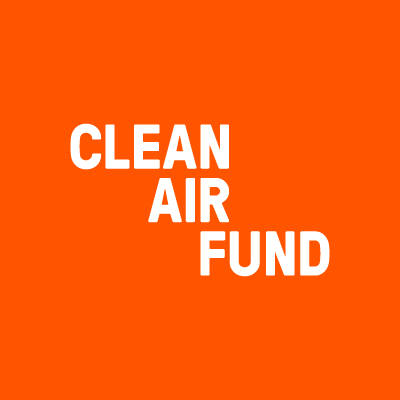When the rubber meets the road: Poland’s journey towards low carbon transport
September 24, 2020

This year’s biggest climate summit – Climate Week NYC – is taking place this week. While the focus is on how to rebuild after COVID-19, the summit also offers an opportunity to share positive news and lessons learned from the work our partners are doing.
In Poland, for example, our partners Purpose Climate Lab, the European Climate Foundation and the Clean Air Fund are working at many levels to decarbonise the road transport industry.
When thinking of climate action in Poland, a parallel with New York comes to mind: if you can make it (happen) there, you can make it anywhere.
Challenges in Poland
Poland is the EU’s largest coal-based economy and the home to 36 of the 50 most polluted cities in Europe. It has seen a 300% growth of greenhouse gas emissions in the last 30 years.
Transport is the second biggest cause of air pollution and emissions. Heavy road transport is the main culprit, but private car use also presents challenges, with a 500% growth of vehicles in the last 30 years. The secondhand car market is immense, and the average age of a car is 12 years.
Solutions include getting old vehicles off the roads, promoting public transport and building more cycle paths. Leadership is needed at both a national and regional level, but an uncertain political situation means there is a lack of solid ground for clear legislation.
Campaigning for change
Despite these challenges, there are positive signs in Poland. Legislation is proving effective because it obliges the government to work within a framework. Accurate data has been gathered to show the impact of air pollution on public health. And there is broad public support for cleaner transport and more stringent legislation. Lawyers are working to make clean air a basic right for Polish citizens and, by the end of September, municipal plans to improve air quality should be ready.
Within this context, our partners are building an ecosystem of expertise and collaborative action.
Our partner Purpose Climate Lab is organising political action, providing legal frameworks and strengthening existing movements. They reach diverse audiences with information about the benefits of decarbonisation, including green recovery investments and green jobs. Their campaigns build on a strong public push to restrict the use of dirty cars and improve clean public transport.
By making evidence on air pollution public, the Clean Air Fund increases the visibility of one’s own impact. This means people can decide to take action themselves, for instance by changing their travel behaviour.
Influencing decision makers
At another level, the European Climate Foundation is working to convince national and regional decision makers to implement climate-neutral regulations. For example, Kraków now has the largest number of pedestrians of all cities in Europe, after introducing low-emitting zones.
Increasing the market for electric vehicles is vital to accelerate the decarbonisation of the transport sector. Our partner the We Mean Business Coalition aims to have one million electric vehicles on the European market in five years, including in Poland. To make this happen, cities need a new infrastructure, such as fast chargers in city centres and chargers in less developed neighbourhoods.
Lessons learned
So what can we take from these developments and the progress our partners are making in Poland’s road-transport sector? The ClimateWorks Foundation, which works on transport on a global level, believes we can learn from Poland when it comes to collaboration. We can only tackle the climate crisis if we all work together.
The IKEA Foundation encourages partners to share knowledge with others working in the same field. In this way, we can find gaps and overcome hurdles.
Although situations, rules and regulations differ in every region, the model of working with policymakers while influencing the general public is a great starting point from which national roadmaps can be built. Philanthropy plays their role not only by providing funding but also by bringing partners together to collaborate on real systemic change.
This web story is based on a panel discussion during Climate Week.









